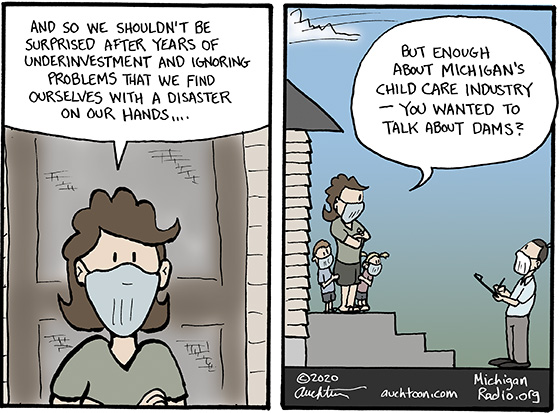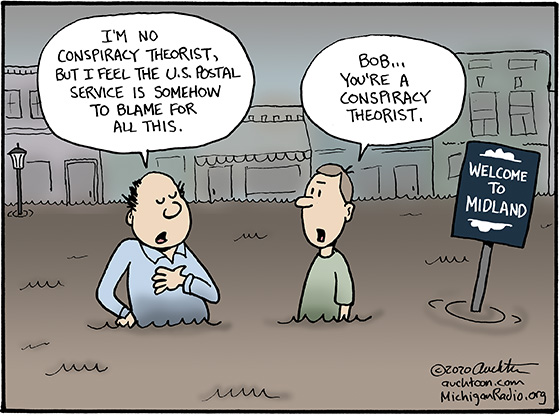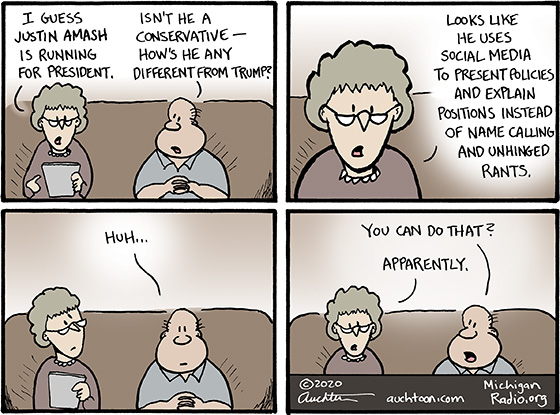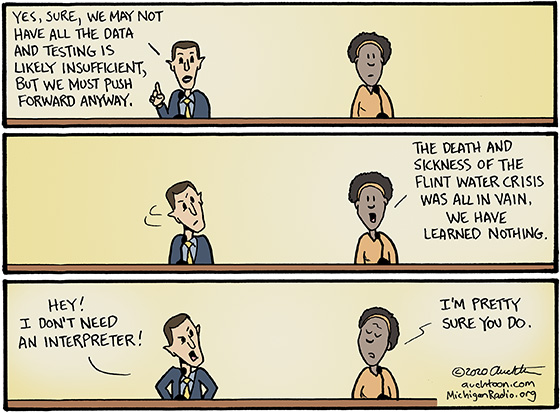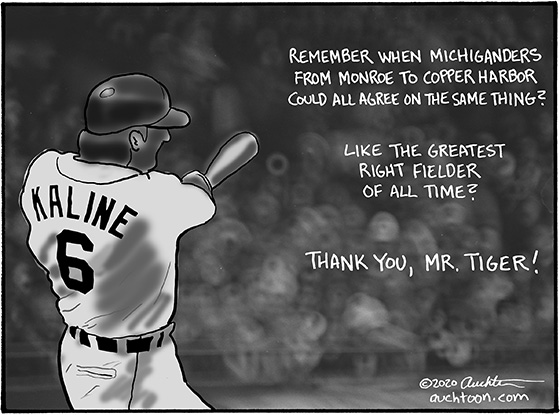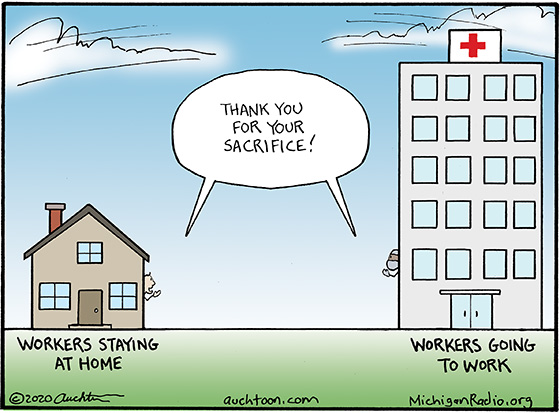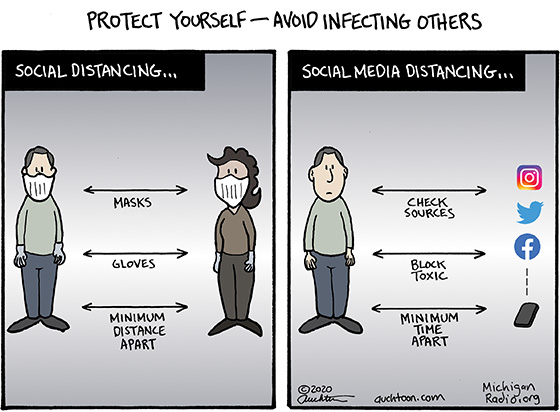Do You Want to Talk About Racism?
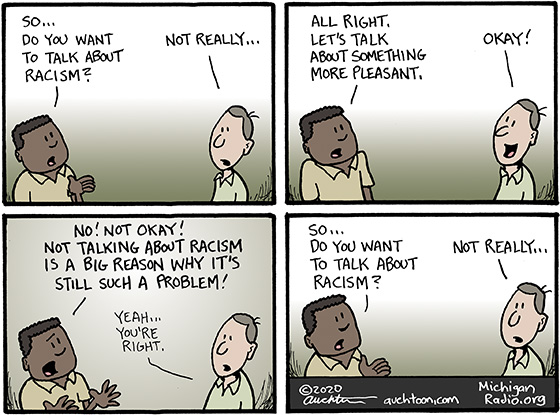
I am very happy not talking about stuff I find uncomfortable. And I especially prefer avoiding discussions about things that make me feel terrible. Racism would certainly be a topic that qualifies here. So, yeah, I can understand the inclination to deflect, side-step, or look-past the subject. But obviously that isn’t solving the problem. (Heck, talking isn’t even the hard part! It’s the doing after the talking.)
But here we are, America. Here we are again. We’ve been through this before. And we pretty much know what to do. All the post-incident commissions and panels and reports have identified the problems and recommended the solutions. We just somehow keep avoiding really talking about it.
Will this time be different? I’m hopeful it will be. And I find that hope in three words: Black Lives Matter.
Some find those words to be divisive. (Really, any words that address racism can be taken as divisive.) But I think the meaning behind these words, the true aim, is potentially something that can move us all forward.
I didn’t really understand this till it was explained to me. In 2016 I heard the cartoonist Keith Knight talk at a conference, and he was asked about Black Lives Matter. He referenced one of his recent cartoons where he used “Save the Rain Forests” as a metaphor: “When you say, ‘Save the Rain Forests,’ you are saying there is something uniquely important about rain forests that requires specific attention. You are not saying ‘screw all the other forests.'”
I’ve seen variations of this in memes and other cartoons, but I think the point is clear and something to build on. (If we talk and that talk leads to doing.)

